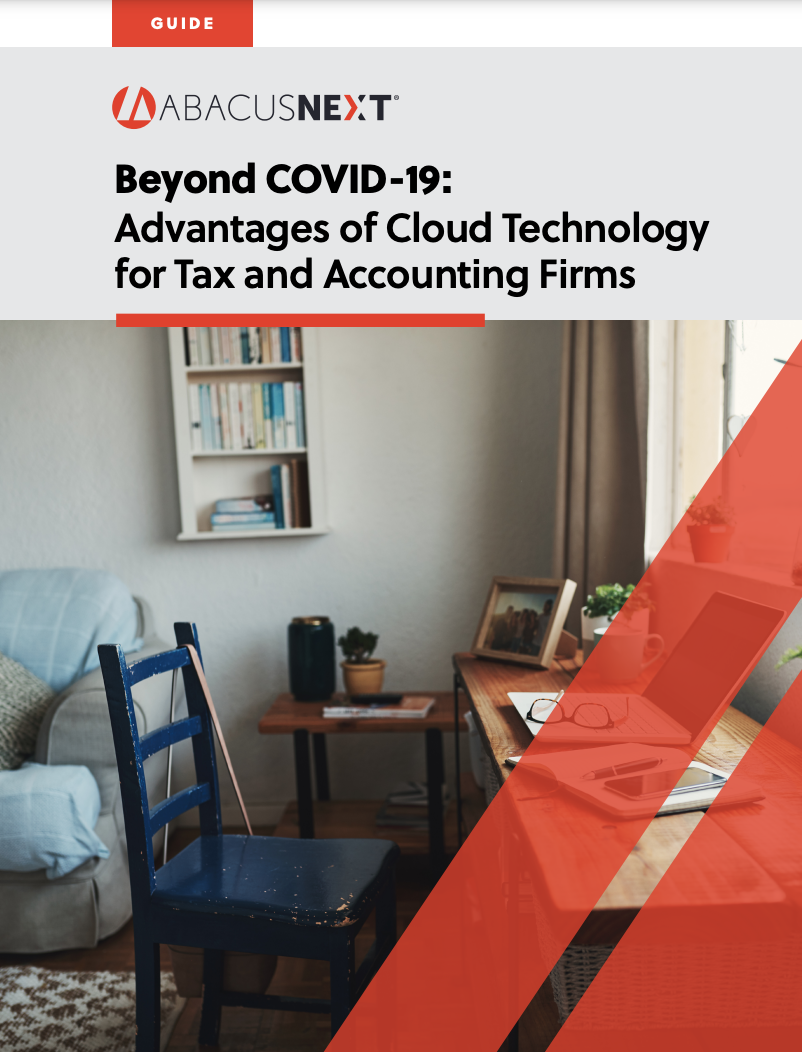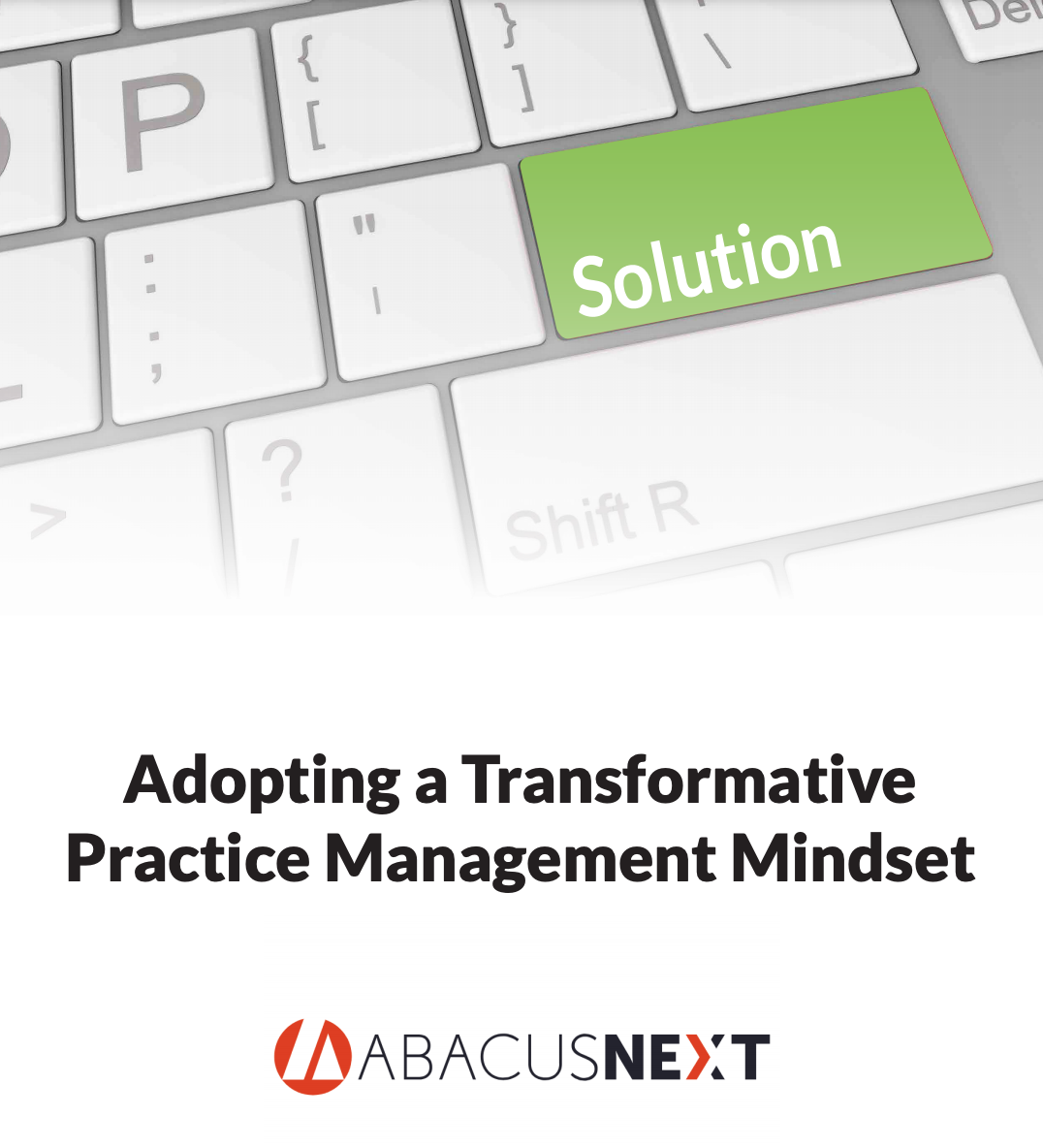
The Road to Digital Transformation in Accounting
Whether full-time or on a hybrid schedule, plenty of people around the globe are working from home in today’s world, and accountants are no exception. Long gone are the days when they were expected to work long hours in an office, toiling over handwritten ledgers or alternatively working with software that could only be accessed from a desktop computer in their office building. It is a new world and the age of digital transformation in accounting is in full swing.
Transformative times for traditional businesses
That being said, digital transformation is not happening everywhere, or even at the same pace for businesses. For some firms, remote operations are still just an idea to explore or even a futuristic dream at best. Many accounting firms, like a lot of other small businesses, have been slow to get serious about evolving their workflows and systems to become digital. The old ways of doing things can be very comfortable, and the idea of learning a whole new generation of systems can be intimidating. The perception of costs associated with embracing new technology can make budget-keepers nervous and going digital can be downright frightening for an industry that relies on security and confidentiality the way accounting does.
Get your head in the clouds
The reality is that firms need to move past their misgivings about today’s digital, cloud-based world. Continued hesitation will prove more and more costly; the more firms delay, the longer the lead time for getting accounting digital transformations underway and the larger the likelihood of losing clients to more nimble, forward-thinking, tech-savvy firms.
In the course of having adjusted to the work-from-home (WFH) wave we’ve experienced in recent years, businesses have also discovered that the same technology they rely on for WFH can improve their efficiency in general. Cloud-based digital accounting services can streamline information flow, fostering more frequent communication and collaboration, which improves both colleague and client relationships.
Going digital also opens up new avenues for analytics, seamless interfaces with clients’ existing systems and software, and levels of flexibility and scalability the accounting industry could never have imagined just a few decades ago.
If you’re a firm new to the accounting digital transformation concept, things don’t have to be as complicated as it sounds, getting started can actually be very simple.

How to take advantage of cloud technology at your firm
This guide addresses the most common concerns about transitioning to a cloud-based practice management solution, highlighting the potential advantages and giving you the information you need to make the right decision for your firm’s needs.
Where digital transformation in accounting begins
You can start by assessing some basic needs:
Client Intake: Does your current way of doing things allow you to keep a thorough, easily accessed profile of each client? Do you avoid asking valued clients to repeat information they assume you know?
Document Intake: Does your current system store documents in a secure, central location? Can everyone who needs them search them simply online?
Scheduling: Can you get a 360-degree view of calendars, conference room bookings and other important logistical information? Can you instantly find out where someone is or needs to be?
Staffing: Do you have access to the data necessary for estimating resource needs and hours required for various tasks? Do you have a clear picture of what everyone is working on?
Workflows: Are your accountants wasting time on repetitive or manual tasks that could be better handled in an automated process? Does everything absolutely have to be done in the office?
Time Tracking: Are you keeping the most accurate record of billable time possible? Can you parse your records to analyze trends and root out unprofitable and unnecessary activity?
Starting with that simple checklist can help inform a conversation about the type of digital platform that will best suit your needs. Make a few key decisions and watch how quickly you can start seeing some tangible results.

How to adopt a transformative practice management mindset
Download our free whitepaper, Adopting a Transformative Practice Management Mindset for details on five strategic areas you can leverage to keep your firm ahead of the curve.
Enhanced security
Working “in the cloud” has nothing to do with leaving information floating around in mid-air just waiting for someone to grab it. The cloud is a series of super-secure, mammoth servers in multiple locations that allow solutions to operate in an environment that keeps all of your compliance and data-protection needs up-to-date in real-time with round-the-clock/round-the-cloud monitoring, automatic software updates and fully integrated anti-virus, anti-ransomware and anti-malware protection. The fact that the cloud makes use of multiple locations also guards against a single location going down and taking your data with it.
Keeping up with client expectations
Digital transformation in accounting can also transform a firm’s client satisfaction numbers. Whether it’s a consumer with an Amazon account or a high-value client at an accounting firm, people want 24/7 access to the vendors they do business with regularly. Going digital allows for the development of client portals and apps that allow people to sign in, check progress, make payments, sign documents and move business along any time, day or night.
Keeping up with client expectations
If your firm doesn’t have a digital transformation plan in the works, don’t delay any longer. Start exploring the cloud advantage right away with our informative white paper Future in Focus: The Road to Digital Transformation for Legal and Accounting Firms. It makes a straightforward case for going digital in today’s world while showing you just how easy it can be.